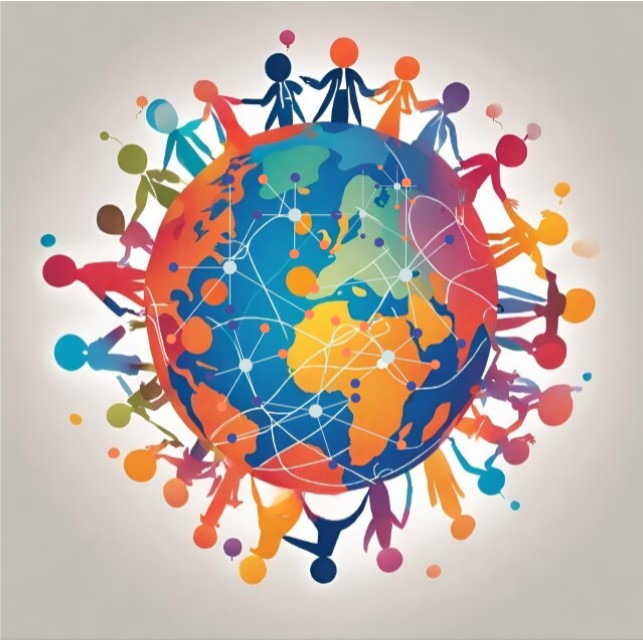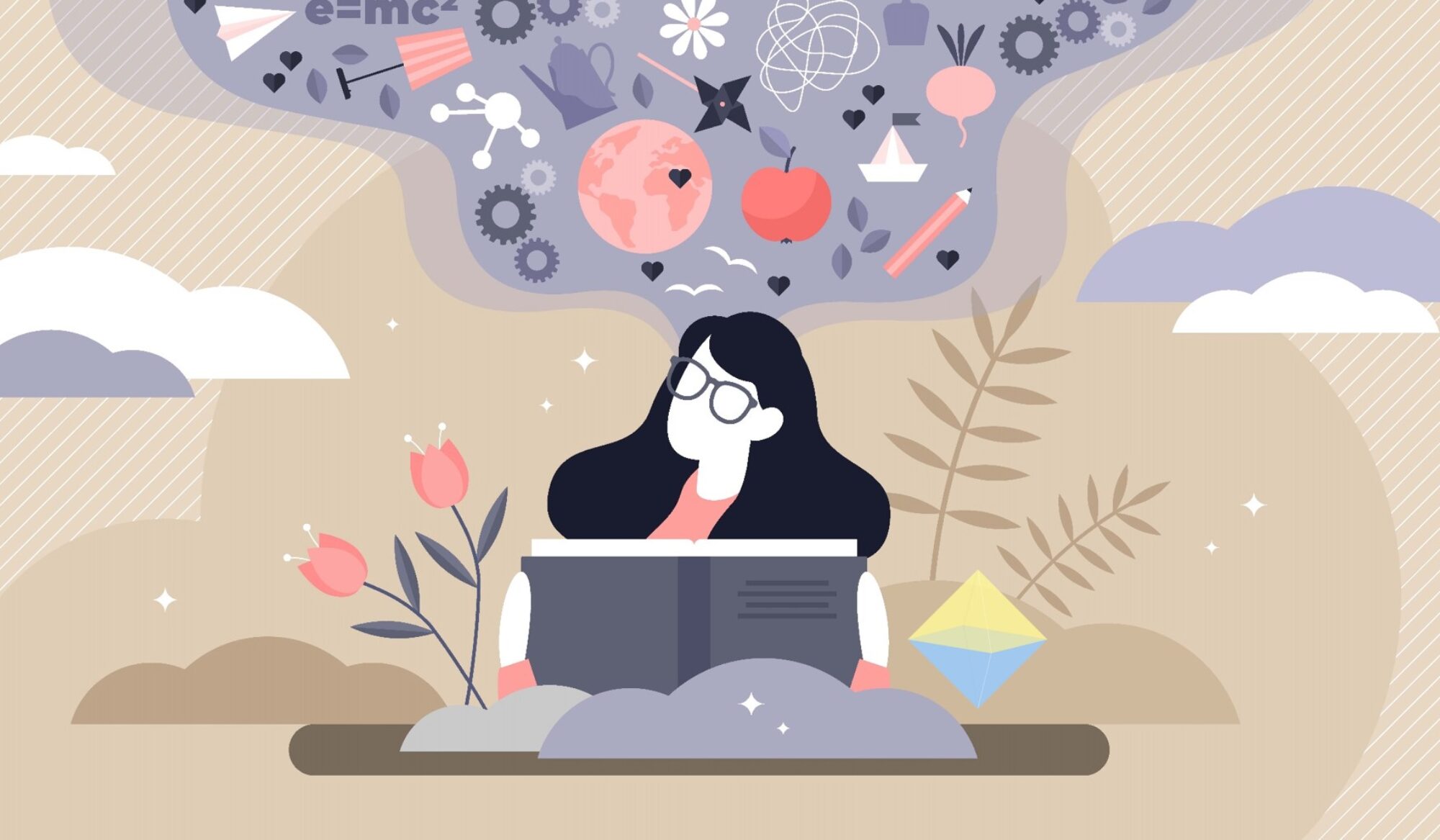Cognitive balance, or equilibrium, is the ability to regulate and integrate emotion and cognition in a flexible and adaptive way. It is the ability to acknowledge and accept your feelings, and to examine and challenge your thoughts and behavior. It is the ability to modulate and express your emotions appropriately, and to use your thoughts effectively. It is the ability to empower and liberate your mind, rather than control or manipulate your mind. [1]

Practical exercises or tools to help you achieve and work towards cognitive balance include:
• Recognizing and managing cognitive biases: Cognitive biases are mental shortcuts or errors that distort our perception and judgment. They can affect our decision making, problem solving, and communication. In the book, Cognitive Balance, the common types of cognitive biases, such as confirmation bias, availability bias, anchoring bias, etc., are explained along with how to avoid or overcome them by using critical thinking, evidence-based reasoning, and alternative perspectives.
• Practicing mindfulness techniques: Mindfulness is the state of being aware of the present moment, without judgment or distraction. It can help us to calm our emotions, focus our attention, and enhance our awareness. The book describes various mindfulness techniques, such as breathing exercises, body scans, meditation, etc., and how to practice them regularly and effectively. These techniques can specifically contribute to achieving cognitive balance by helping us stay present and aware of our thoughts and emotions.
• Developing self-awareness: Self-awareness is the ability to understand yourself, your emotions, thoughts, behaviours, values, and goals. It can help you to improve your emotional intelligence, self-regulation, self-esteem, and self-actualization. The book guides you to develop self-awareness by using self-reflection, self-assessment, feedback, journaling, etc.
This and much more is discussed in, “Cognitive Balance” by Karanbir Singh, yours truly. You can find more information about this book on these websites: on Amazon.in, on Amazon.com, on LearningMedian.com.

Cognitive balance can help to make the world a better place by enabling us to cope with the challenges and opportunities of the 21st century. In this book, I argue that the world is on the precipice of change, and that we need to develop new skills and mindsets to adapt and thrive in a complex and uncertain environment. And cognitive balance is one of the most essential and powerful skills that we can cultivate, as it can enhance our mental health, performance, and well-being. Cognitive balance can help us to create a positive impact in the world, by fostering empathy, compassion, collaboration, and innovation. From the book:
“Cognitive balance is not just about personal growth, it is about creating a positive impact in the world. By achieving cognitive balance, we can become more aware of ourselves and others, more empathetic and compassionate, more cooperative and collaborative, more creative and innovative. We can become agents of change, rather than victims of circumstance. We can contribute to the solutions, rather than the problems. We can make the world a better place for ourselves and others.” [2]

